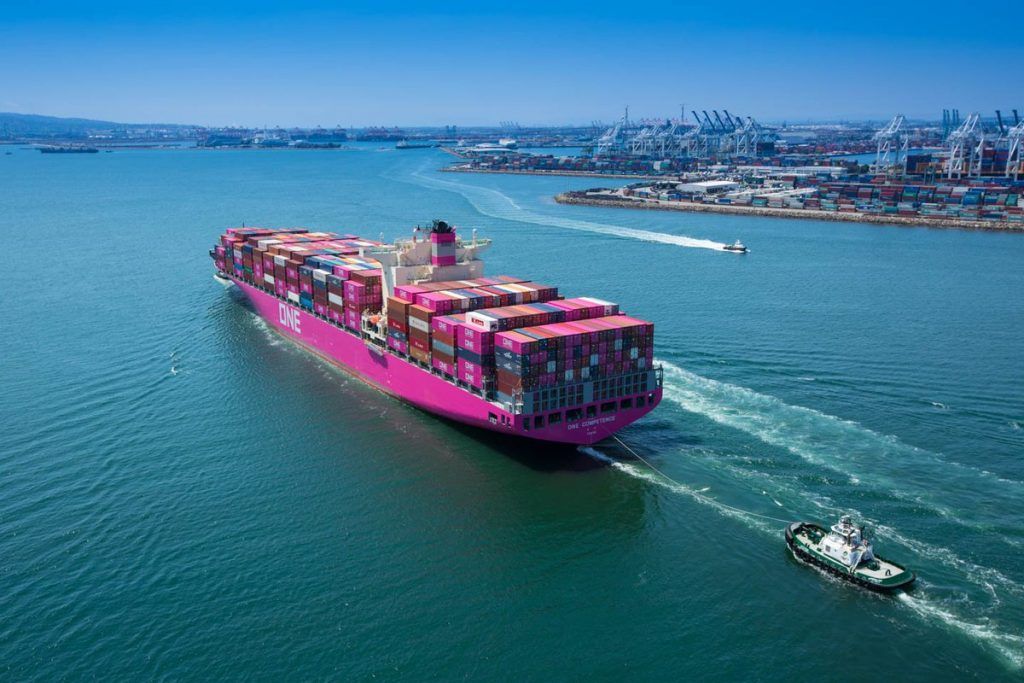The Ministry of Finance and Public Credit (SHCP) reported that there were 125 suspensions of Mexico‘s importers’ registry in the first quarter of 2024.
This number represents an increase of 18.8% compared to the same period of 2023.
Suspensions of Mexico’s importers’ registry
The data were recorded by the central and deconcentrated administrations of the SHCP’s General Administration of Foreign Trade Audits.
The suspensions of the importers’ registry were due to the updating of several assumptions foreseen in rule 1.3.3. of the General Foreign Trade Rules in force.
In December 2020, several laws were approved that impact manufacturing, the maquiladora industry and imports and exports. These laws also aligned previous import and export regulations with the USMCA. They also established new tariffs for certain manufacturing products.
On August 13, 2021, an executive decree was issued in the Official Gazette. This decree deals with the regulation, interpretation and administration of certain chapters of the USMCA. It includes topics such as rules of origin, origin procedures, textile and apparel goods, as well as customs administration and trade facilitation.
Then, on August 15, 2023, the Ministry of Economy amended the General Import and Export Tax Law. This reform seeks to strengthen the industry and domestic producers. To achieve this, it temporarily increased tariffs on imports from countries with which Mexico does not have a trade agreement.
Tariffs and fiscal incentives
In the last six years, the General Import and Export Tax Laws were amended, in coordination with the Ministry of Economy, to establish temporary tariffs for the steel, footwear, textile and clothing sectors; the import and export of highly hazardous pesticides and electronic cigarettes or vaporizing devices was prohibited; it was provided that the tariff fractions incorporate the commercial identification number; tariffs for various electric vehicles were amended.
Several fiscal stimulus decrees were also issued:
- For the northern border region and southern border region (ISR and VAT).
- Stimulus for automotive fuels.
- To establish the Chetumal free zone.
- To temporarily exempt the payment of import tariffs on goods that are part of the basic basket of goods and inputs.
- Established administrative facilities in the import procedure for certain importers.
- For the regularization of used vehicles of foreign origin.

